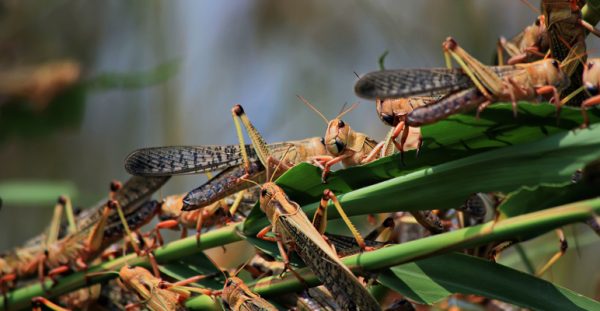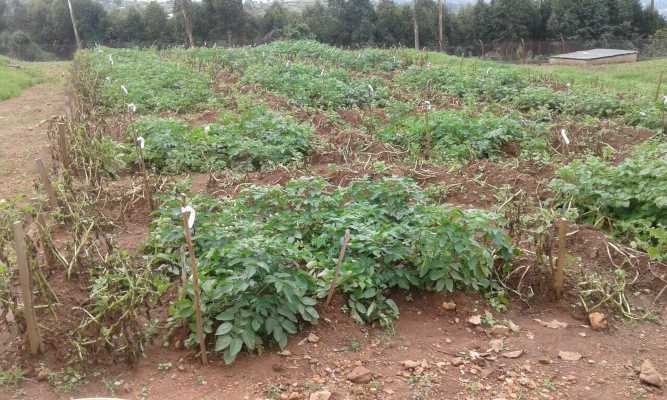Kenya to experience third wave of locust invasion
Agriculture Principal Secretary Hamadi Boga has announced a possible third wave of desert locust invasion in Kenya as huge swarms are currently...
Netherlands to spend US $37M on agribusiness project in East Africa
The Netherlands Development Organisation SNV has announced plans to spend US $30million for the implementation of a climate change resilient agribusiness project...
Niger to inject 15% of budget into Agriculture sector
The government of Niger has injected 15% of the annual state budget over the next five years in the Agriculture sector. The...
Don’t let blight catch you off-guard!
It is a well-known fact that the best way to control diseases, particularly those on potatoes, is to prevent them. With this...
Agricultural sector soars out of bad times
Good financial decisions now will ensure survival when the bad times come … againSouth Africa’s agricultural sector...
Nigeria in position to export US $3Bn in Cocoa derivatives to AfCFTA
The Nigerian federal government has disclosed that by taking advantage of the African Continental Free Trade Area (AfCFTA), Nigeria has the capacity...
Harvester and Front-end equipment ready to harvest profits
Combines Harvesting Heads RD45F HydraFlex S700 Series S790This upcoming harvesting season will once again bring Precision...
Make crop protection a song with the new MF 9330
The sprayer has a ground clearance of 165 m and the beam can be raised to a height of 21 m...
Nigeria comes out on top as the premier cassava producer globally
Nigeria is now the largest producer of cassava in the world. Mrs Karima Babangida, the Director, Federal Ministry of Agriculture, Abuja, made...
Zimbabwe’s Voedsel targets US $75m in tobacco sales
Voedsel is targeting to rake in US$75m from tobacco sales. The projections have been informed by the good rains received in various...













